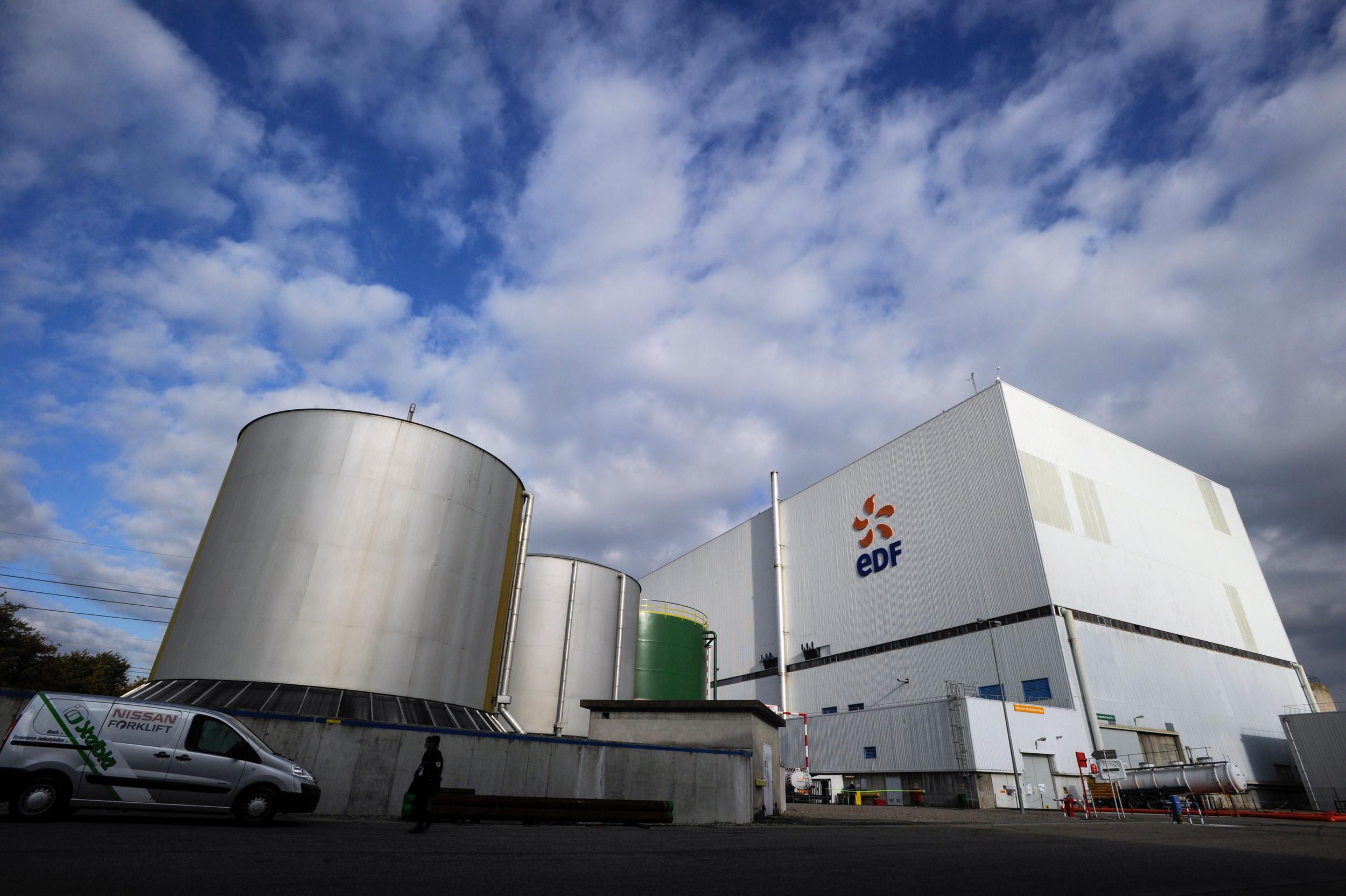Heatwave forces France to shut down four nuclear reactors
Power plants halt temporarily as record-breaking temperatures sweep across Europe

France has been forced to temporarily shut down four nuclear reactors as soaring temperatures hit the region, energy company EDF said.
The company halted a reactor at Fessenheim – the country’s oldest nuclear power plant – in eastern France, in order to keep the plant from overheating the nearby river.
It had already shut down three other power plants near the Rhine and Rhone rivers for similar reasons earlier this week.
The power plants use water from the rivers to cool down their reactors, before sending the water back into the rivers. Overheated waters can result in mass fish die-offs, like those that occurred in Germany this week.
The shutdowns are just the latest inconvenience in the heat wave that has descended on much of Europe in recent weeks. A drought sweeping Switzerland has left herds of cows stranded without water. The country’s helicopter association and Air Force have been called to transport tens of thousands of gallons of water every week to sustain them.
Earlier this week, officials warned vacationers in Portugal and Spain to stay indoors, as parts of the region reached record-setting high temperatures. Meteorologists predicted some areas could beat the highest temperature ever recorded in Europe – 48C, recorded in Athens, Greece, in July 1977.
Spanish and Portuguese weather services put a health warning in place until Sunday, noting that temperatures would be especially severe in the southwest. At least three people in Spain have already reportedly died from heatstroke.
Wildfires have also sprung up in Portugal’s Algarve, mirroring the deadly fires burning in Greece, Sweden, and the west coast of the United States. Scientists previously told The Independent that such fires were becoming more common, and more intense, due to climate change.

A recently released study from the University of Oxford found that climate change had more than doubled the likelihood of the current heat wave.
“The logic that climate change will do this is inescapable – the world is becoming warmer and so heatwaves like this are becoming more common,” said one of the report’s authors, Dr Friederike Otto, deputy director of the Environmental Change Institute at the University of Oxford.
“What was once regarded as unusually warm weather will become commonplace – in some cases, it already has," he said.
The Associated Press contributed to this report.
Join our commenting forum
Join thought-provoking conversations, follow other Independent readers and see their replies
Comments
Bookmark popover
Removed from bookmarks